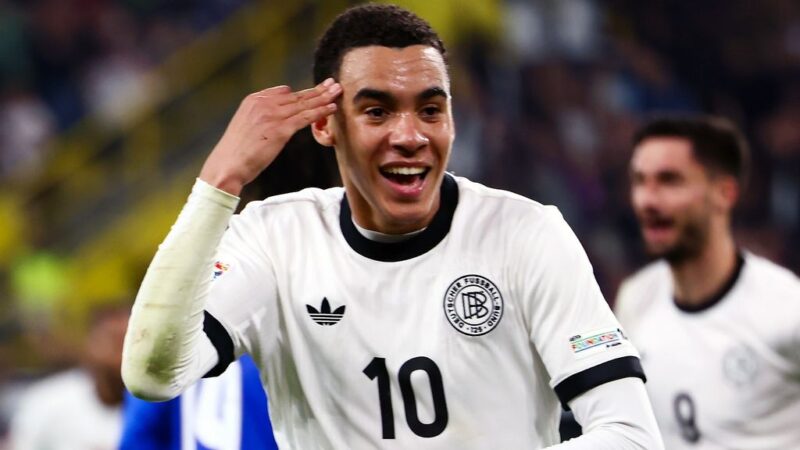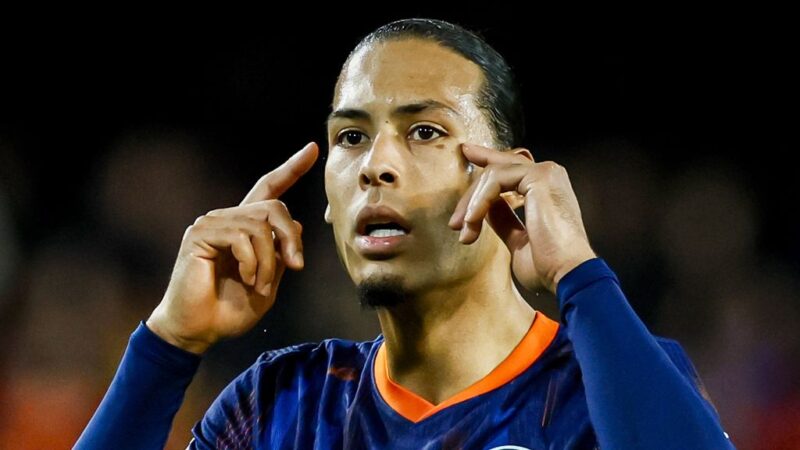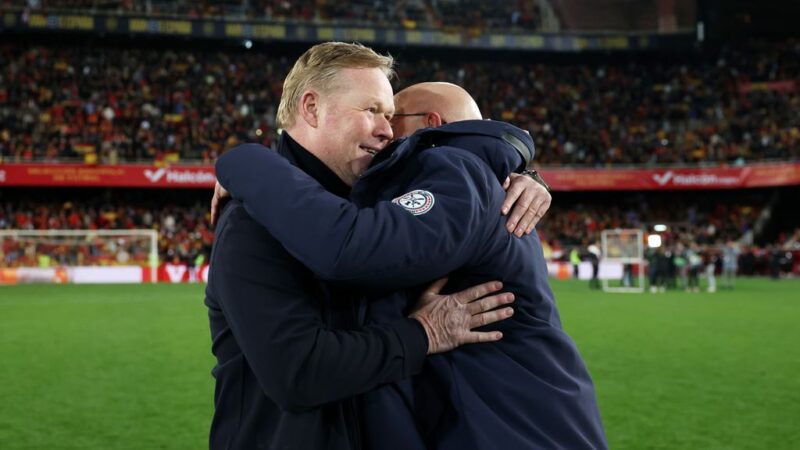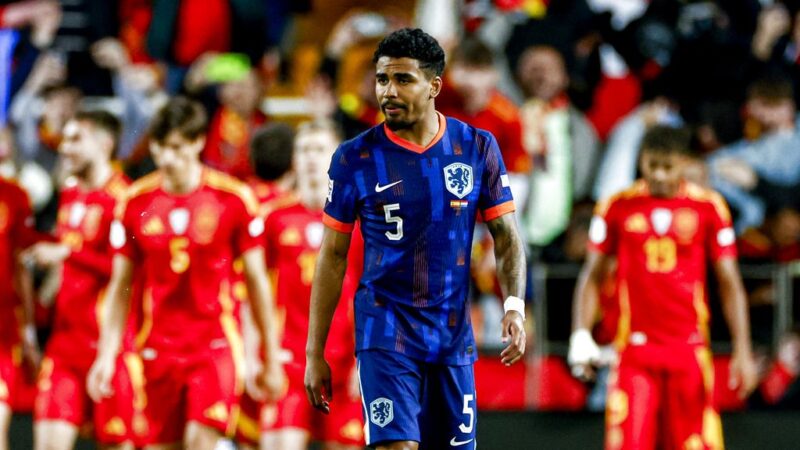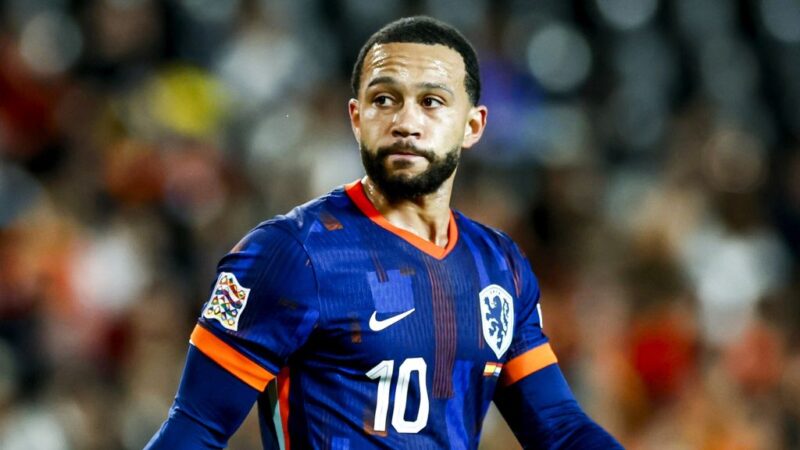Month before World Cup still no TV deals in major countries, FIFA considers streaming
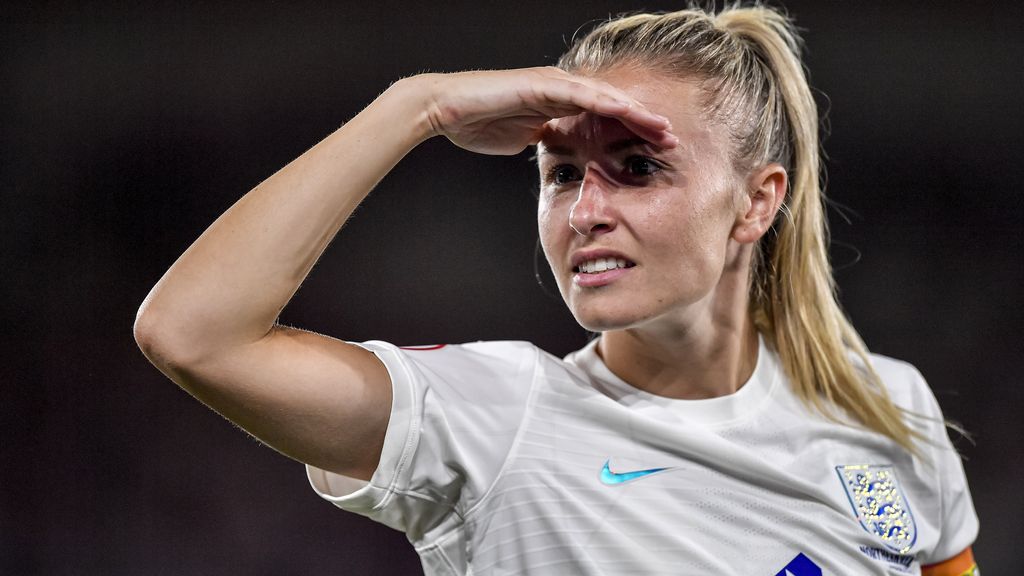
NOS Soccer–
The World Cup matches of the English and German soccer women may only be viewable on the Internet this summer, because no agreement on broadcasting rights has yet been reached in the countries of the European Cup finalists a month before the event. Also in major soccer countries Italy, Spain and France, no deal has been reached yet, much to the disappointment of FIFA.
The world soccer federation is therefore considering an alternative solution. “Our preference is still television, but otherwise we can also stream the duels through our own platform,” a spokesperson announced.
Last month, FIFA President Gianni Infantino already expressed his dissatisfaction with the lack of television contracts. “The bids from broadcasters, especially in the five major European countries, are still very disappointing and simply unacceptable,” he wrote on Instagram at the time. “It is our moral and legal obligation not to let the underbidding at the Women’s World Cup happen.”
According to Infantino, who believes that public broadcasters in particular have a duty to promote women’s sports, the viewing figures for the women’s World Cup are 50 to 60 percent of the men’s World Cup. “But the bids of the big European countries are 20 to 100 times lower.”
Unfavorable times
In Europe, lower viewing figures are expected this year, though, because the matches in Australia and New Zealand will be played at unfavorable times for European followers. For example, those who want to watch the group match between the Netherlands and the United States will have to set their alarm clock at 03:00.
The sports ministers of the five European countries have called on FIFA and interested broadcasters to reach an agreement in a joint letter. They say they are aware of the restrictions on broadcasters but stress the importance of “improving the global visibility of women’s sports” in their countries.
